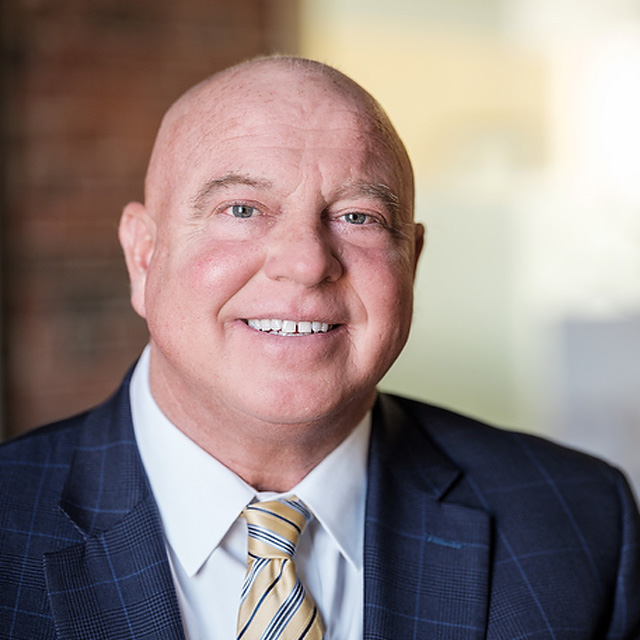Take 5 with Lee Svete
Lee Svete
Associate Vice President, Office of Personal & Career Development at Wake Forest University
1. How do you define success for yourself? What has helped you to be successful?
Measuring success for me comes down to achieving positive outcomes from setting goals and objectives. During my 30 year career in higher education, I continually assess my ability to positively impact the lives of the students I serve and the staff that I lead. For students, it’s watching them grow and prosper during their college career as I become their “career coach” for vocational identity and landing future jobs and internships. I ask myself, “How can I make a difference in their lives using my experience and contacts in the world of work?” For my staff, it’s all about motivation, support and professional development, and I measure these three important variables: 1) Balance of family and career – overall satisfaction with life, 2) Professional growth and advancement, and 3) Teamwork and positive attitude.
2. Think of a time that you faced a challenge, obstacle, or roadblock. How did you get through that and what did you learn?
At Notre Dame, I was asked to initiate a new Wall Street Career Program for students, and this task was presented to me in 2007, just before the Great Recession. I quickly adapted our internship program with Investment Banks to morph into unpaid “externships” for 2-3 weeks with alumni at major bulge bracket banks and private equity firms. In addition, I started a Wall Street Leadership Committee of leading executives who were alumni from Notre Dame. When the market started to turn, our students were well positioned to take advantage of emerging jobs and internships with Middle Market firms, and then with the Top 10 banks including Morgan Stanley and Goldman Sachs.
3. Who are your people (either by name or role) who help you to be successful/confident/intentional/reflective/any other descriptor you want to use? And how have they helped you?
Fr. Mark Poorman, former VP of Student Affairs at the University of Notre Dame. He helped me build a world class career center, trained me how to raise money, modeled amazing leadership skills, advised me about how to build a new $20M career center attached to the stadium and instilled the importance of transparency in leadership with my team.
4. How did you find your people?
I have always been successful networking with the alumni of the institution for which I worked and professional associations like the National Association of Colleges and Employers (NACE), the National Career Development Association (NCDA), and NASPA.
5. What advice would you give to Wake Forest students as they look for their people?
I would go back to the core of READY 7: 1) Know yourself, 2) Be generally aware of the career industries that they are seeking, 3) Develop a strong resume/CV, LinkedIn Profile, 4) Practice Interviewing, 5) Develop professional skills that are not necessarily associated with their college major, AND, speaking of college majors, choose wisely and follow your passion to study something they love to learn about.
Is there anything else you would like to share?
As students and young alumni begin to gain professional contacts, secure internships, new job opportunities, etc. write thank you notes and express gratitude. Stay in touch with coaches, advisors, professors, former employers. And, pursue careers that will bring you satisfaction and success measured by intrinsic rewards.

